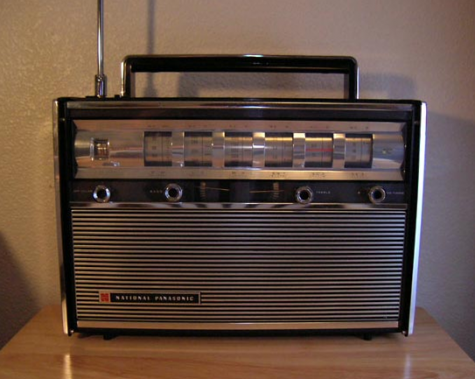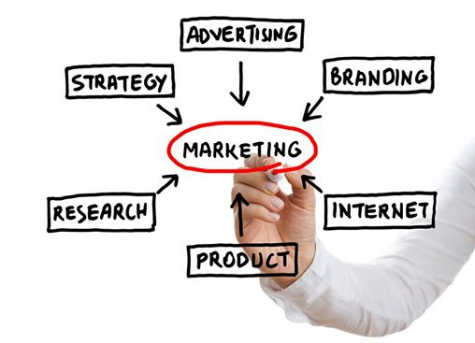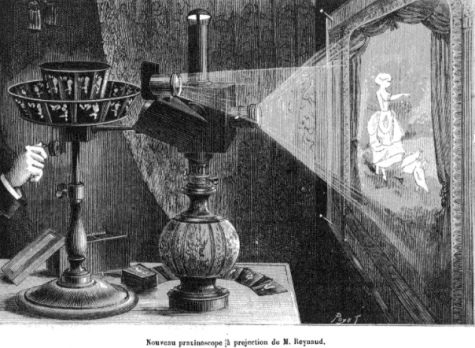Corporate failures
May 1, 2017
Whenever a company tries to dip their feet into the water by appealing to the much-coveted millennial generation, the results can be incredibly cringe-inducing. Even worse is when companies make an ad that causes public outrage; this is especially relevant concerning the Pepsi protest ad debacle. The most unappealing thing to anyone forced to watch an advertisement, either online or on TV, is when an out of touch marketing executive makes the decision to be hip and trendy by inserting a meme or current event (often incorrectly) into a promotion for inane things that nobody wants.
Online, large groups often coalesce to rig company contests or generally ruin things for everyone. The anonymous image hosting site 4Chan is infamous for this; in 2012 Pepsico. unveiled the “Dub the Dew” campaign, where internet users could submit their flavor names for Mountain Dew and vote for a winner. Unsurprisingly, the contest was shut down when “Hitler Did Nothing Wrong” become the most popular new flavor name. To a lesser extent, this happened when the RRS David Attenborough polar research ship had a similar contest to name the vessel; “Boaty Mcboatface” was the winner. (Sadly, the Natural Environment Research Council shirked their duties by naming the research submarine instead). Taylor Swift has also been a frequent target of 4Chan users; in 2013 KISS FM had a contest where users could vote on a winner who would get a backstage pass to meet the singer. (Starting to sound familiar?) Users wrote scripts that got “Charles”, a 39 year old man who apparently had a thing for her hair, to win the contest, which was promptly terminated. The Horace Mann School for the Deaf was made to win a Taylor Swift concert (also in 2013); the joke was the supposed irony involved. (Swift later ended up donating $10,000 to the school, even though the concert was cancelled.)
What’s even worse than ruining contests, however, is the public backlash a company, product or group receives with an especially tone-deaf ad. Perhaps the best case of this occurred in 2012, when the Lorax was released as a re-imagined animated film. Automobile company Mazda partnered with the owners to release a Lorax-themed “eco-friendly” SUV, because apparently it didn’t occur to marketing that this was kind of antithetical to the entire movie. For someone like me who despises advertisements (they are all predicated on forcing their way into your consciousness, after all) I take a certain pleasure in watching ads and promotional events crash and burn.























